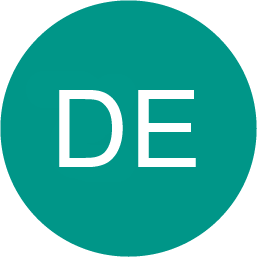
Business, 29.10.2019 02:31 joelpimentel
There are two propositions: (a) i flip a coin, if it is heads, you are paid $3; if it is tails, you are paid $0. it costs you $1 to participate in this proposition. you may do so at any level, or repeatedly, and the payoffs scale accordingly. (b) you may keep your money in your pocket (earning no interest). here is a third proposition: (c) i flip the coin three times. if at least two of the flips are heads, you are paid $27; otherwise zero. how much is this proposition worth?

Answers: 3


Another question on Business

Business, 21.06.2019 23:10
Kando company incurs a $9 per unit cost for product a, which it currently manufactures and sells for $13.50 per unit. instead of manufacturing and selling this product, the company can purchase product b for $5 per unit and sell it for $12 per unit. if it does so, unit sales would remain unchanged and $5 of the $9 per unit costs assigned to product a would be eliminated. 1. prepare incremental cost analysis. should the company continue to manufacture product a or purchase product b for resale? (round your answers to 2 decimal places.)
Answers: 1

Business, 22.06.2019 11:50
The basic difference between macroeconomics and microeconomics is that: a. microeconomics looks at the forest (aggregate markets) while macroeconomics looks at the trees (individual markets). b. macroeconomics is concerned with groups of individuals while microeconomics is concerned with single countries. c. microeconomics is concerned with the trees (individual markets) while macroeconomics is concerned with the forest (aggregate markets). d. macroeconomics is concerned with generalization while microeconomics is concerned with specialization.
Answers: 3

Business, 22.06.2019 12:40
Which of the following tasks would be a line cook's main responsibility? oa. frying french fries ob. chopping onions oc. taking inventory of stocked dry goods od. paying invoices
Answers: 2

Business, 22.06.2019 23:40
Gif the federal reserve did not regulate fiscal policy, monitor banks and provide services for banks, what would most likely be the economic conditions to transact business in the u.s.? the economy would primarily be based on a barter system rather than a fiat system. there would be no discrimination in lending by local banks. the economy would be less efficient and transactions most likely more costly.
Answers: 1
You know the right answer?
There are two propositions: (a) i flip a coin, if it is heads, you are paid $3; if it is tails, yo...
Questions


Mathematics, 13.04.2021 17:30

Mathematics, 13.04.2021 17:30

Chemistry, 13.04.2021 17:30

Mathematics, 13.04.2021 17:30

Mathematics, 13.04.2021 17:30


Geography, 13.04.2021 17:30

Biology, 13.04.2021 17:30




Mathematics, 13.04.2021 17:30



Geography, 13.04.2021 17:30

Social Studies, 13.04.2021 17:30

Chemistry, 13.04.2021 17:30

German, 13.04.2021 17:30



